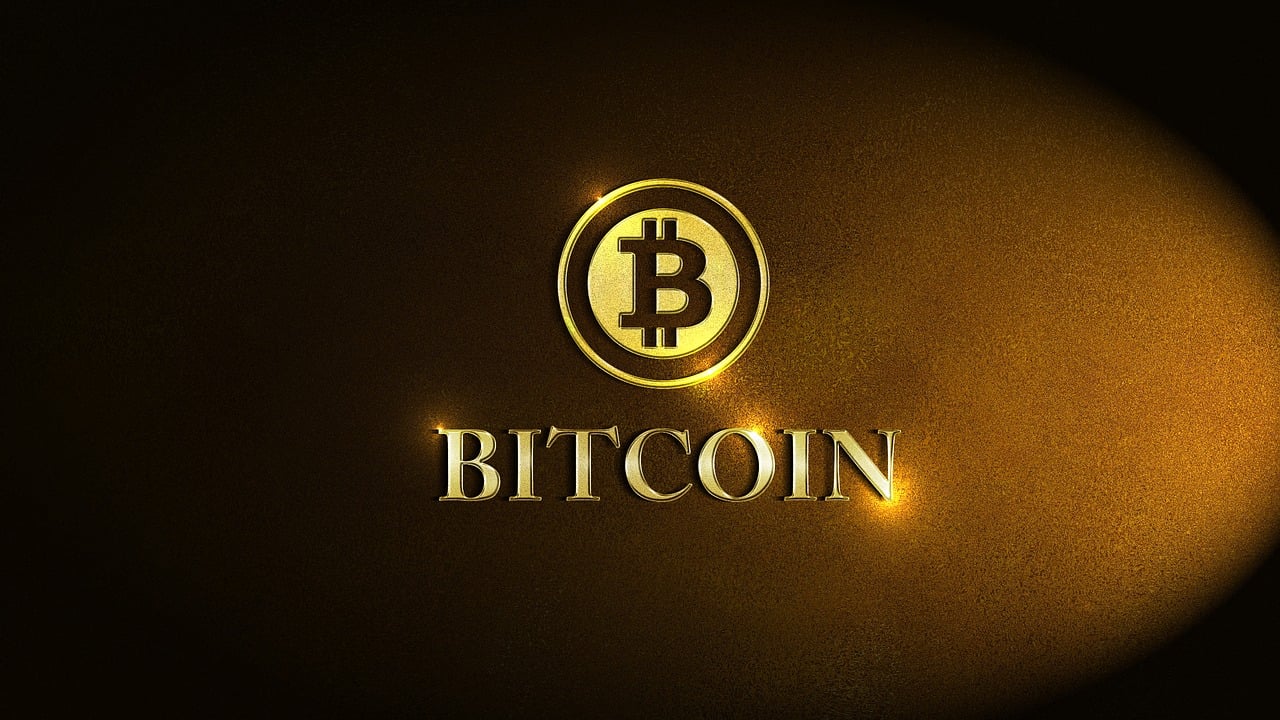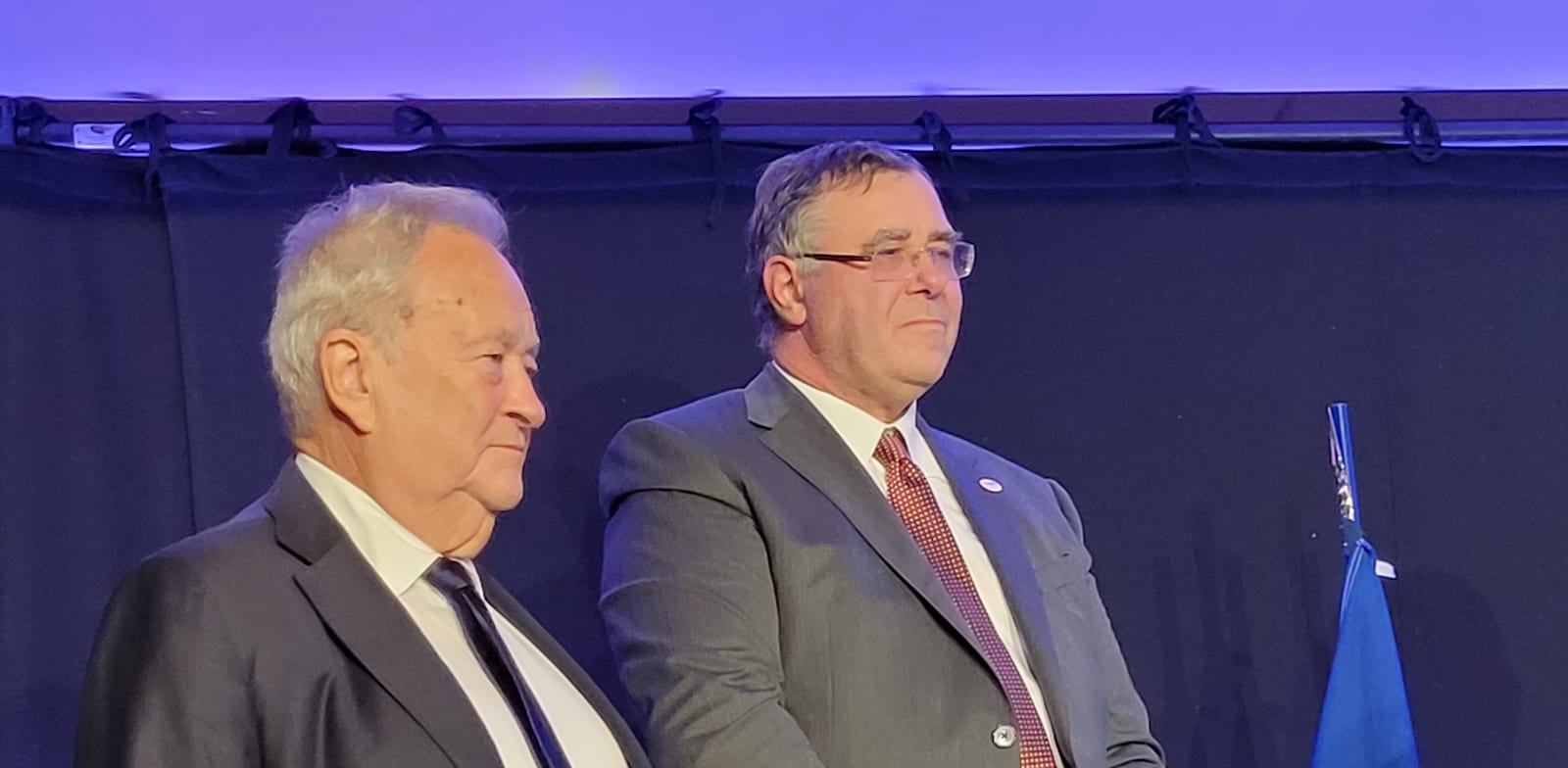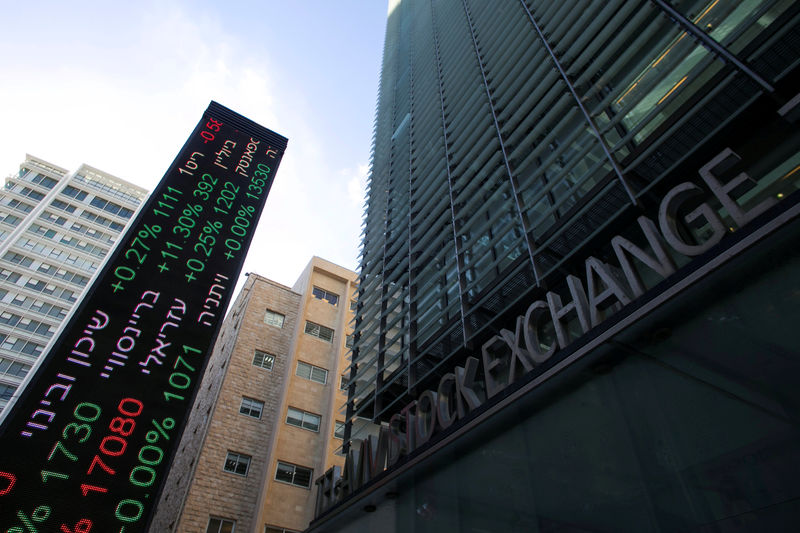Sam Bankman-Fried (SBF), the former billionaire
Founder of FTX, took the stand in his ongoing fraud trial. However, his
testimony was delivered outside the jury’s presence, as the presiding judge
sought to determine the admissibility of certain portions of his statements.
The move followed the completion of the
prosecution’s case, which accused SBF of embezzling billions of dollars from
customers. Reuters reported that the defense aimed to shed light on the role of
FTX’s lawyers in the company’s decision-making processes.
Notably, SBF’s testimony began with a discussion of
FTX’s use of encrypted messaging platforms, such as Signal and Slack. He
maintained that using these platforms was consistent with FTX’s policies.
However, prosecutors contended that these platforms were employed to conceal
illicit activities.
SBF faces charges of two counts of fraud and five
counts of conspiracy. If found guilty, he could face a long time in prison.
Prosecutors have alleged that the misappropriated funds were used to support
his crypto-focused hedge fund, Alameda Research.
The prosecution rested its case after 12 days of
testimony, with FTX’s former executives testifying that SBF directed
them to divert customers’ funds to the hedge fund and misled investors and
lenders. SBF’s decision to testify allows prosecutors to cross-examine him
regarding these allegations.
After the prosecution rested, the defense requested
that SBF be acquitted before the case went to the jury, arguing that prosecutors
had not established “viable legal theories” of wire fraud, Reuters
reported. However, this request was denied by Judge Lewis Kaplan.
Challenging Legal Theories
The defense began its case by calling two key
witnesses. Krystal Rolle, SBF’s lawyer in the Bahamas, testified about the
authorities in the Bahamas directing SBF to surrender remaining assets to
regulators in the country after FTX declared bankruptcy .
Joseph Pimbley, a database expert, testified that
most of FTX’s customers had accounts allowing their funds to be lent to other
users. When asked if he took comfort from the fact that
lawyers structured the loans, SBF responded positively, emphasizing
their role in the decision-making process.
Legal experts have noted that, while unconventional,
SBF’s decision to testify might be strategically sound, given the
testimonies against him by insiders. SBF has consistently maintained
that while he made mistakes while managing FTX, he never intended to
misappropriate funds.
Sam Bankman-Fried (SBF), the former billionaire
Founder of FTX, took the stand in his ongoing fraud trial. However, his
testimony was delivered outside the jury’s presence, as the presiding judge
sought to determine the admissibility of certain portions of his statements.
The move followed the completion of the
prosecution’s case, which accused SBF of embezzling billions of dollars from
customers. Reuters reported that the defense aimed to shed light on the role of
FTX’s lawyers in the company’s decision-making processes.
Notably, SBF’s testimony began with a discussion of
FTX’s use of encrypted messaging platforms, such as Signal and Slack. He
maintained that using these platforms was consistent with FTX’s policies.
However, prosecutors contended that these platforms were employed to conceal
illicit activities.
SBF faces charges of two counts of fraud and five
counts of conspiracy. If found guilty, he could face a long time in prison.
Prosecutors have alleged that the misappropriated funds were used to support
his crypto-focused hedge fund, Alameda Research.
The prosecution rested its case after 12 days of
testimony, with FTX’s former executives testifying that SBF directed
them to divert customers’ funds to the hedge fund and misled investors and
lenders. SBF’s decision to testify allows prosecutors to cross-examine him
regarding these allegations.
After the prosecution rested, the defense requested
that SBF be acquitted before the case went to the jury, arguing that prosecutors
had not established “viable legal theories” of wire fraud, Reuters
reported. However, this request was denied by Judge Lewis Kaplan.
Challenging Legal Theories
The defense began its case by calling two key
witnesses. Krystal Rolle, SBF’s lawyer in the Bahamas, testified about the
authorities in the Bahamas directing SBF to surrender remaining assets to
regulators in the country after FTX declared bankruptcy .
Joseph Pimbley, a database expert, testified that
most of FTX’s customers had accounts allowing their funds to be lent to other
users. When asked if he took comfort from the fact that
lawyers structured the loans, SBF responded positively, emphasizing
their role in the decision-making process.
Legal experts have noted that, while unconventional,
SBF’s decision to testify might be strategically sound, given the
testimonies against him by insiders. SBF has consistently maintained
that while he made mistakes while managing FTX, he never intended to
misappropriate funds.
















